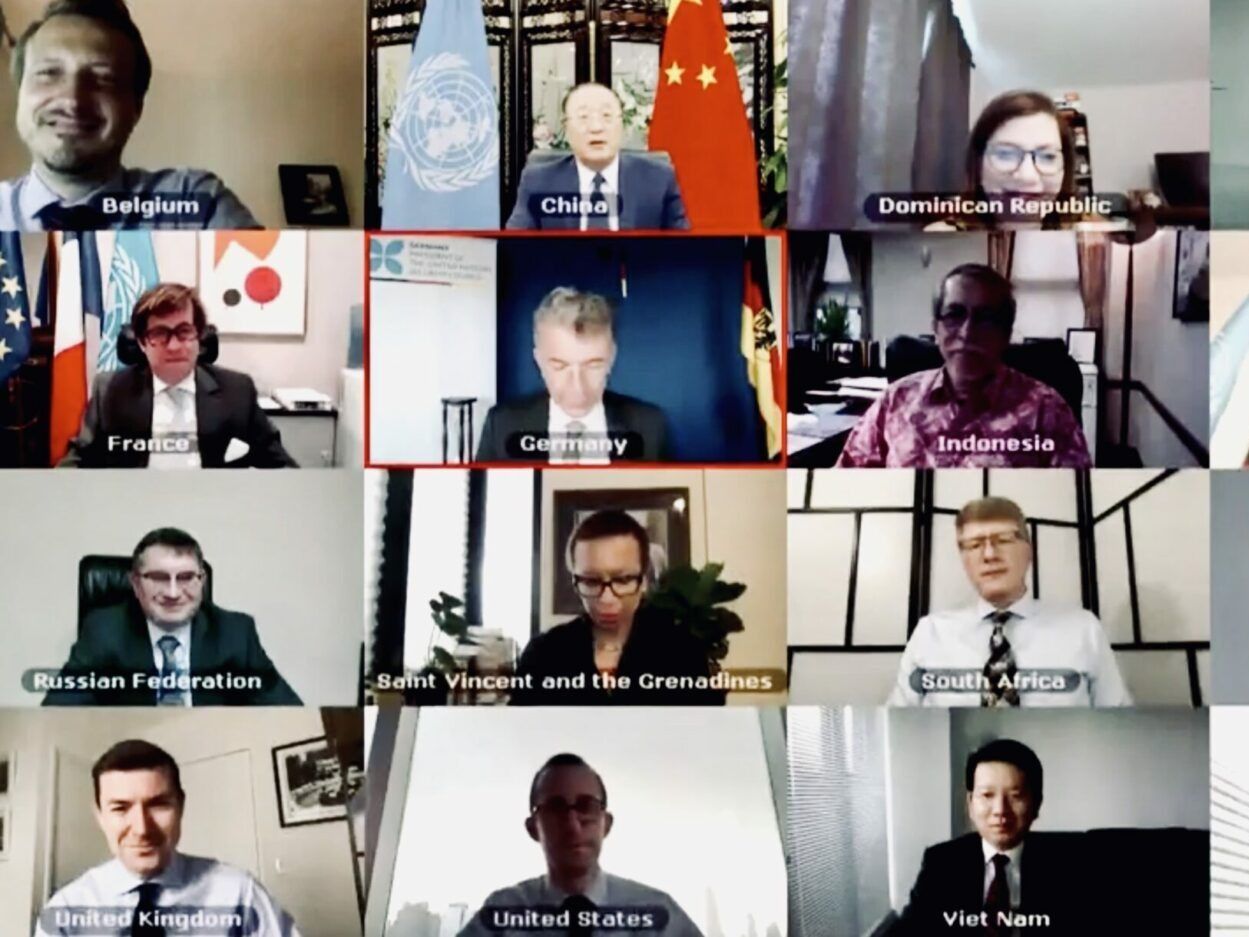UNITED NATIONS (AN) — The U.N. Security Council overcame U.S. resistance to unanimously approve a resolution on Wednesday calling for immediate cease-fires worldwide so that everyone can focus their efforts on ending the COVID-19 pandemic.
The U.N.’s most powerful body voted unanimously to adopt the resolution after the United States and China resolved a lengthy dispute over mentioning the World Health Organization.







